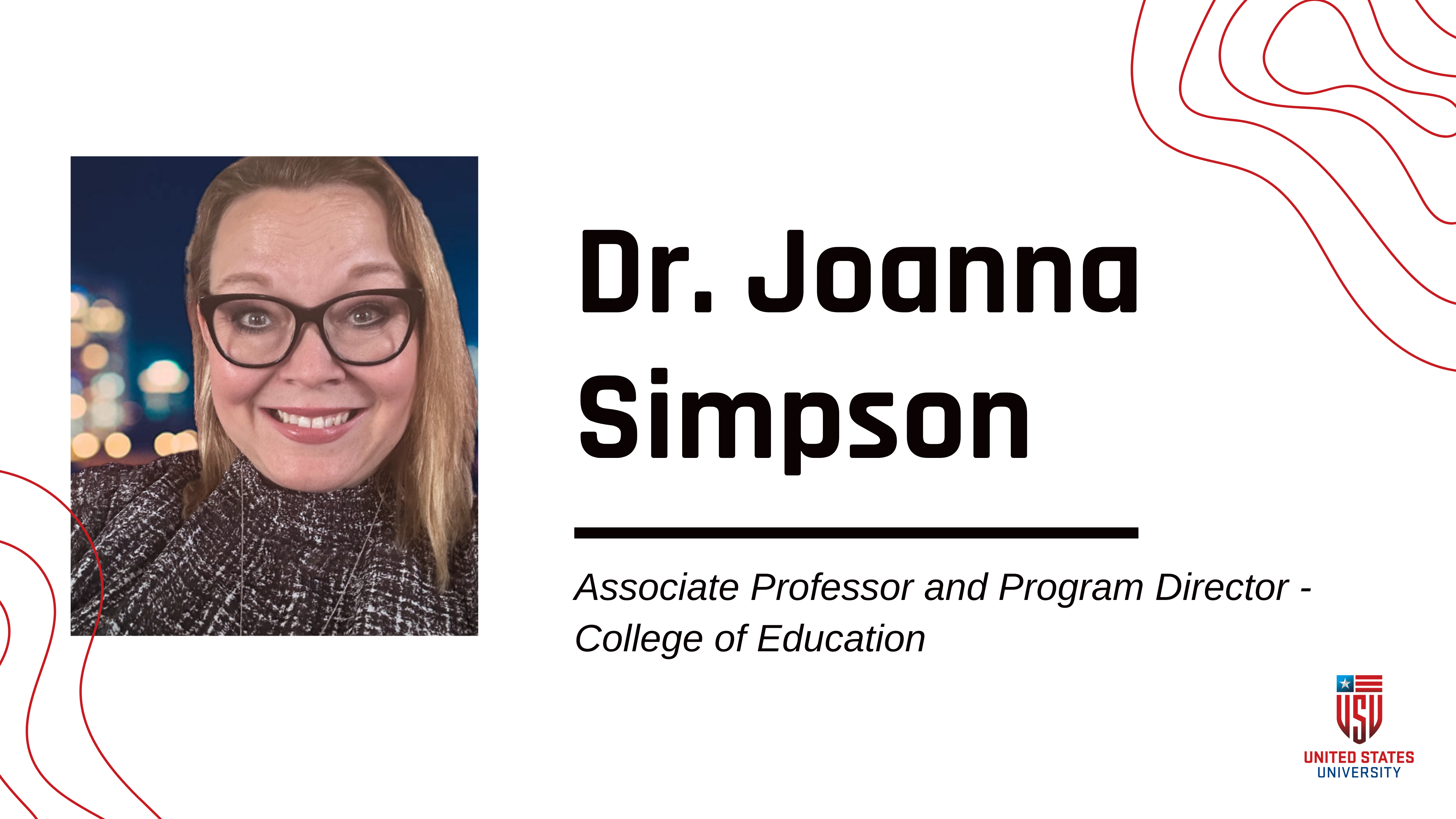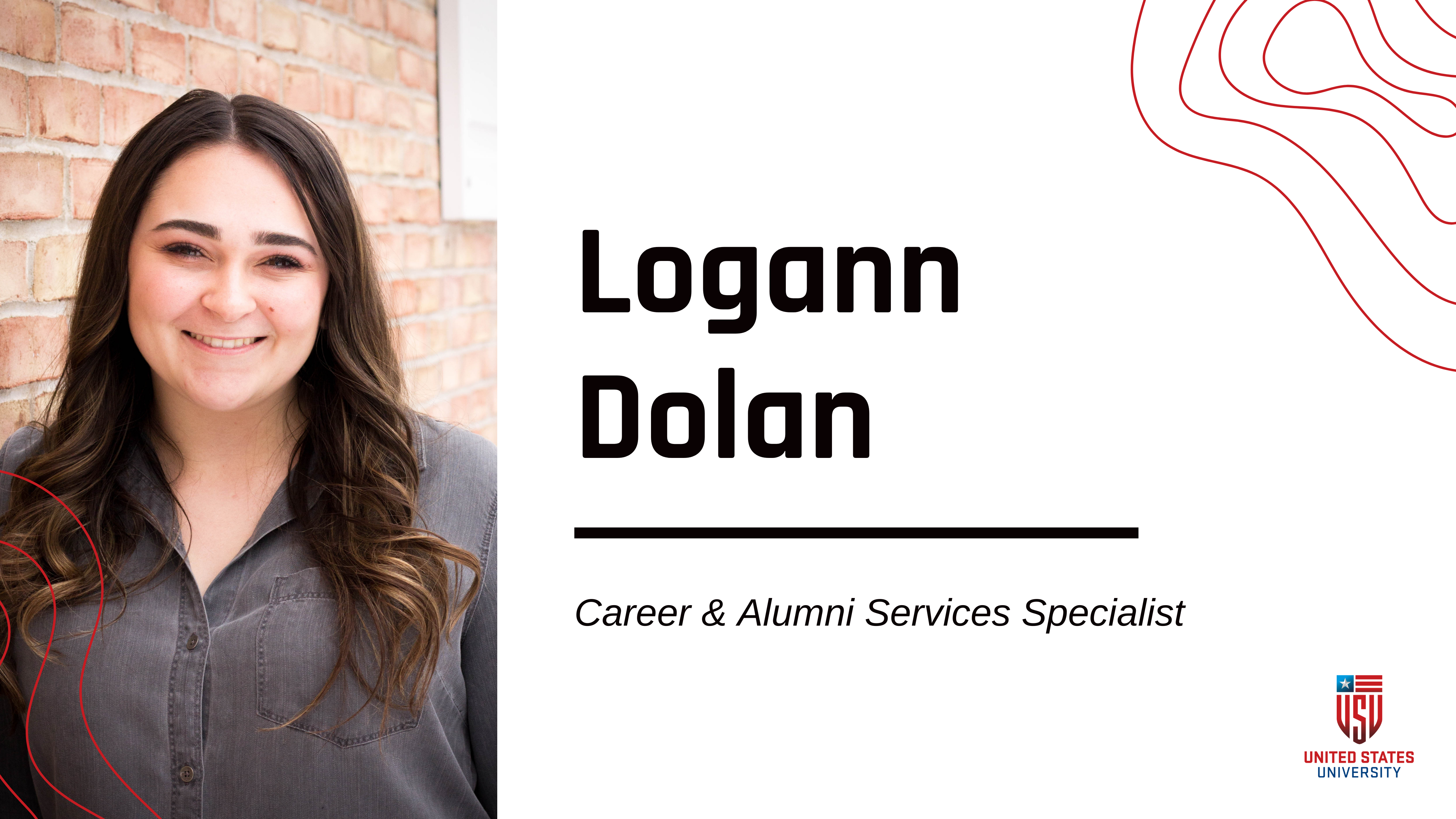Can an FNP Work in Women’s Health? Find out Here.
In the last several decades, nurse practitioners (NPs) and advanced practice registered nurses (APRNs) serving in numerous specialty areas have come into their own as valuable and highly respected contributing members of the healthcare system. Roles such as Family Nurse Practitioner (FNP), Psychiatric/Mental Health Nurse Practitioner (PMHNP), Adult-Gerontology Primary Care Nurse Practitioner (AGPCNP), and other APRNs all contribute to making comprehensive patient care much more robust, diversified, and accessible.
Nurse practitioners are now integral to delivering high-quality care to millions of Americans across the lifespan. According to the U.S. Bureau of Labor Statistics, nurse practitioners are projected to see 45% job growth between 2020 and 2030 (an average of 29,400 new jobs per year), an average annual salary of $117,670, and an average hourly rate of $56.57.
While some FNPs focus on treating patients from babies to the elderly, others choose to focus on a specialty of significant interest. Many FNPs can provide important women’s health care based on their education and training, with FNPs hired by OB/GYNs to contribute to care provided in busy practice environments. Some may seek a post-master’s certificate to become a Women’s Health Nurse Practitioner (WHMP).
Women’s health in family practice
Some female patients wish to utilize an FNP for their general health while having a separate relationship with a women’s health specialist; some may choose to receive most of their ongoing comprehensive care from their FNP. In this way, a family nurse practitioner working in a group medical practice or public or private health clinic may have the privilege of treating such women and members of their extended families.
The trust given by the provision of such care could result in the FNP attending to the medical care of an entire family; in such a scenario, the FNP may:
- Refer grandma for a breast MRI to check on potential abnormalities in dense breasts for which a mammogram is insufficient
- See the men and male children for health maintenance and urgent medical needs
- Provide annual gyn and breast exams for female members of the family with children and grandchildren of their own
- Refer a pregnant teenage girl for prenatal care due to a high-risk pregnancy, subsequently doing well-baby checks and post-natal gynecological exams following a successful delivery
- Perform the first gynecological exams for three adolescent girls, as well as provide family planning, breast self-examination instruction, advice on sexual and dating safety, IUD fittings, and condoms
- Educate adolescent males on general health maintenance, sexual health, STI prevention, and testicular self-examination
The provision of robust multigenerational care across the lifespan — including women’s health — is rightfully within the scope of practice of a family nurse practitioner, even without the above-referenced post-master’s certificate in women’s health. Such multigenerational holistic care could certainly lend itself to a high level of personal and professional satisfaction for a dedicated FNP, not to mention loyalty and gratitude from patients and their families.



